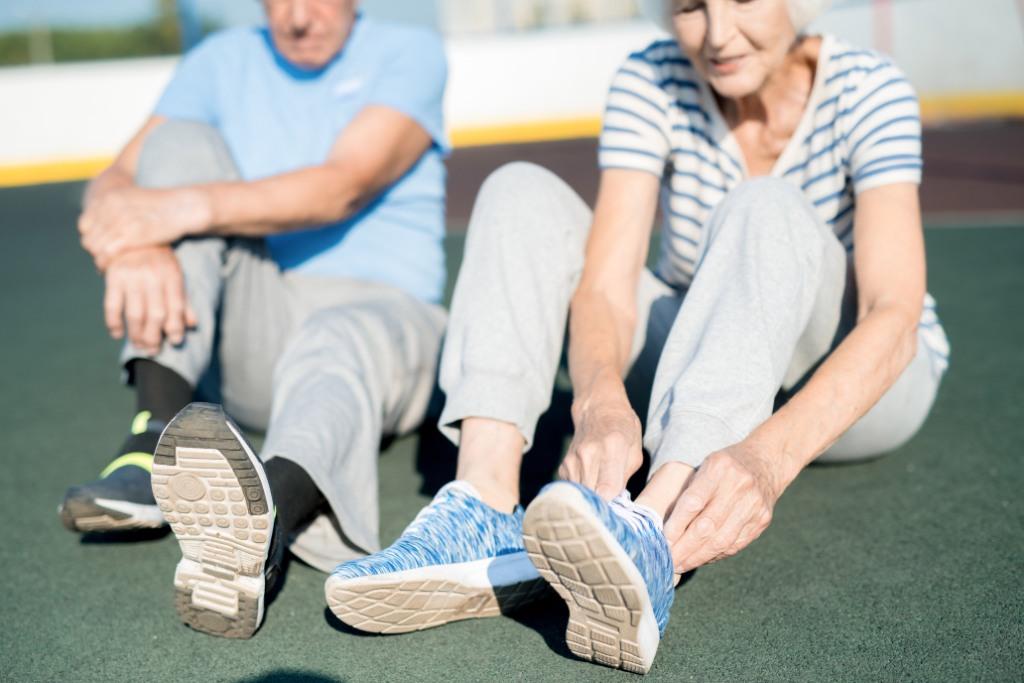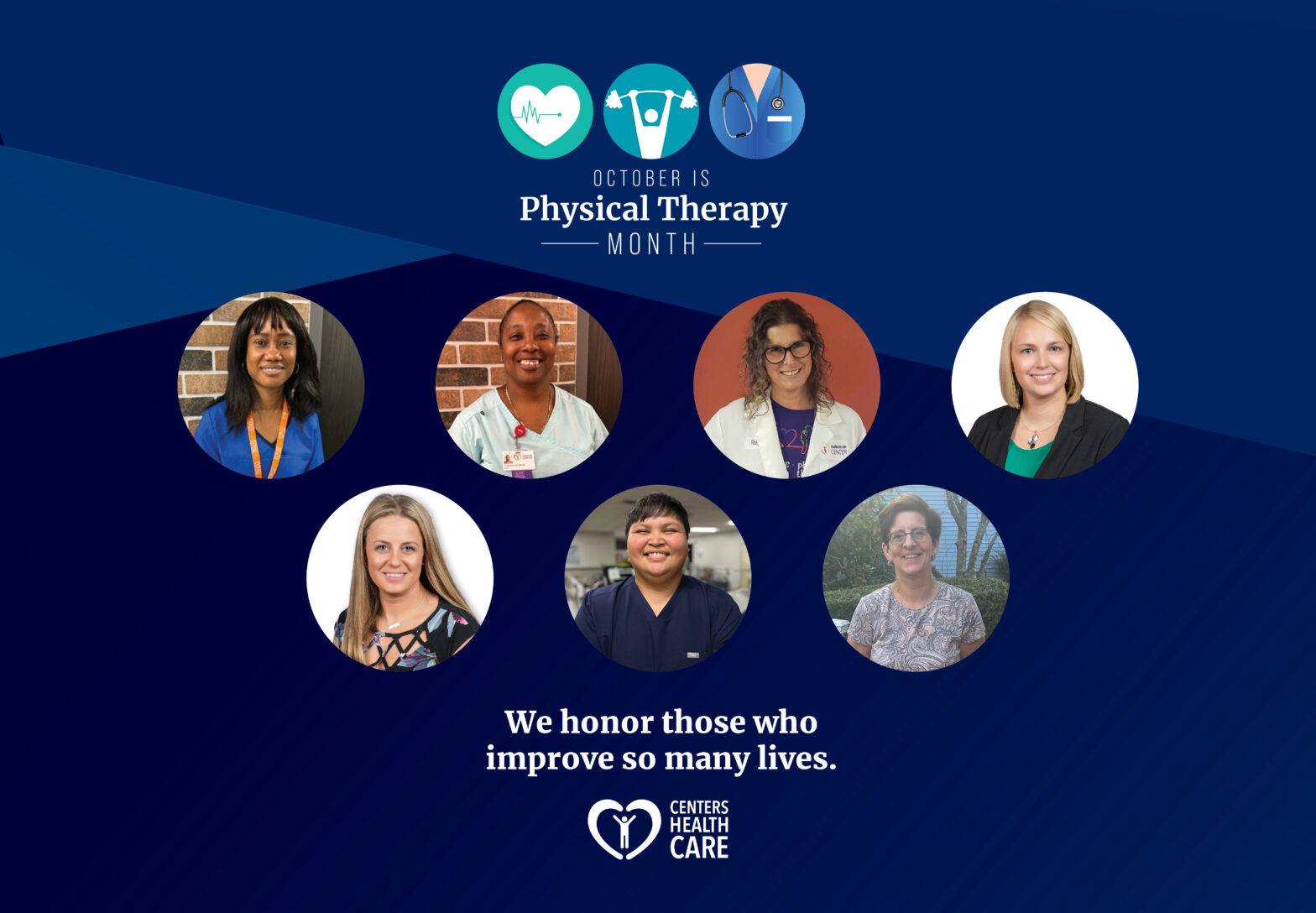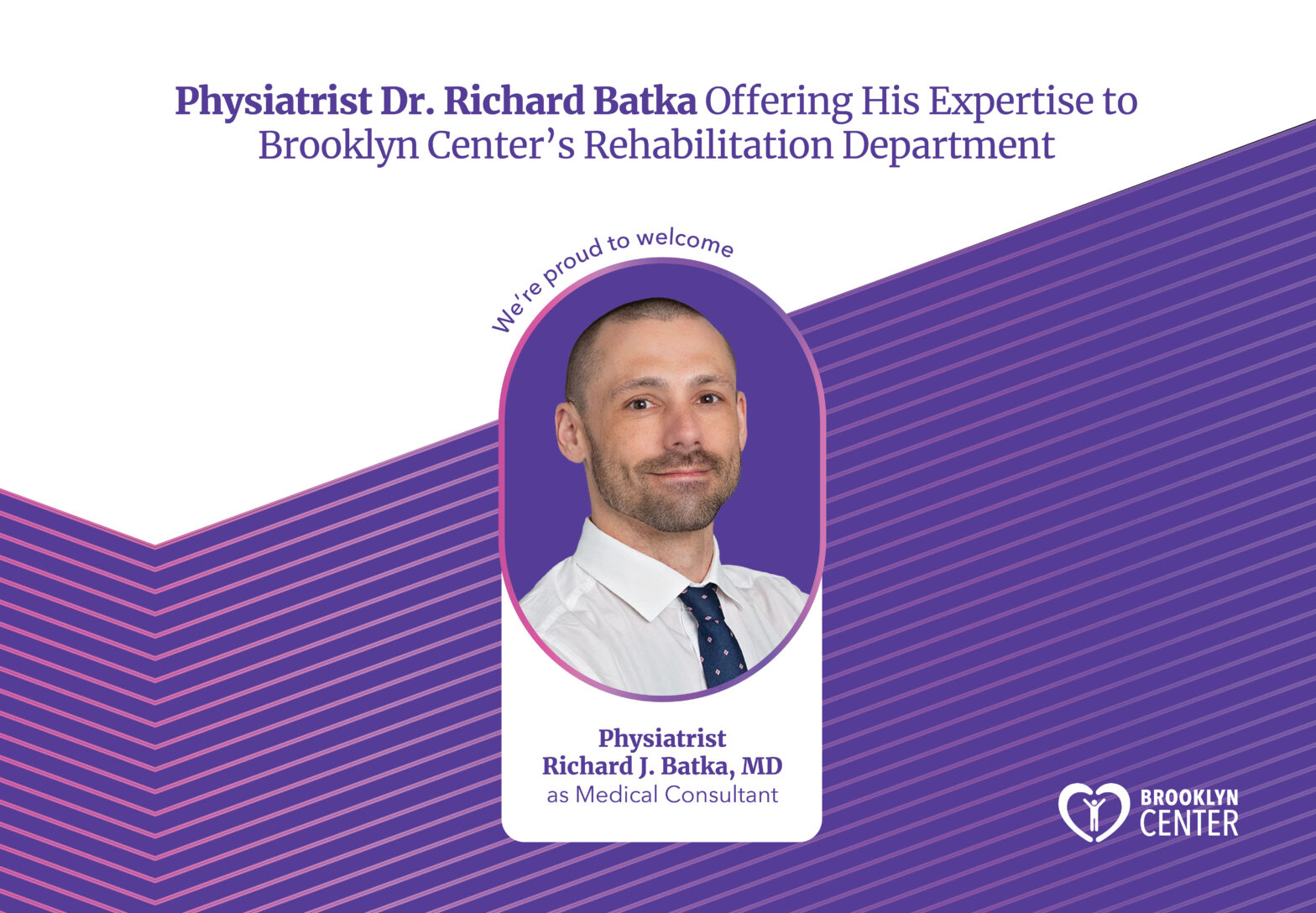Centers Health Care Shares Four Steps to Prevent Falls in the Home

One of the biggest dangers for seniors living alone is the risk of falling.
According to the National Council on Aging, one in four older Americans fall every year, and falls are the leading cause of injuries (both fatal and non-fatal) for people age 65 and older.
At our skilled nursing facilties, we take every possible measure to prevent falls in our facility. But if you or a loved one is living on their own, here are four ways you can keep from being a victim of a fall.
1. Talk to your doctor
As with many things that could affect your health, start by talking to your doctor. He can perform a fall assessment for you and recommend programs that can help (if you need it). Be prepared for the assessment by writing down which medications you are taking. Some have side effects that can cause dizziness or fatigue, both conditions that are known to lead to falls. Other drugs may interact with each other and cause these symptoms.
2. Get your eyes checked
After checking with your primary healthcare provider, make sure you are up-to-date on your eye exam. Aside from the obvious problems that low vision can cause, bifocals can distort vision on stairs, while tint-changing lenses (like Transitions) can create hazards upon leaving the bright sun to go into a dark building. Experts say if you’re having trouble seeing in this scenario, it’s best to wait for the lenses to adjust before proceeding.
3. “Fall-proof” your home
Much in the same way that you “baby-proof” your home for a young child, similar measures should be taken to prevent falls in the elderly. Be sure rooms are brightly-lit, there are no loose carpeting or floorboards, use non-slip mats in the bathtub and on any hard floors (like in front of the bathroom or kitchen sink), and install grab bars in places like the shower and along stairways.
4. Wear proper footwear
Sensible shoes with good soles offer better balance than flip-flops, sandals or high heels. When in the home, avoid slippers and socks that don’t have non-skid soles. Also make sure that your shoes fit properly.
If you need help, ask!
If you need help with any of these measures (especially when it comes to installing things like grab bars), be sure to ask a family member or call a professional to help. It’s not worth delaying when a fall can do so much damage to your health.


